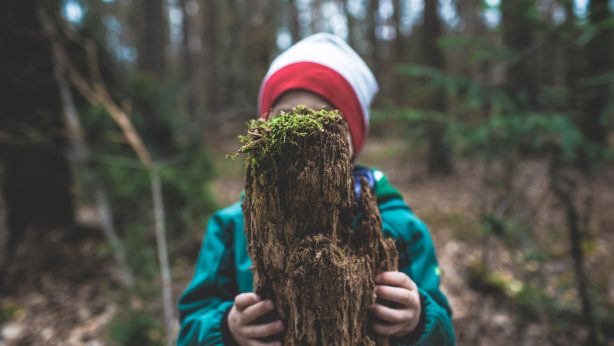Looking After Your Body with The Global Classroom

Looking after your body usually comes second to the long list of other priorities that often take up our day. Between school runs, busy work days, social catch ups, food shopping, cleaning, washing and the endless list of to-do tasks, it’s easy to forget how to look after your body, especially when we approach busy periods like Christmas or birthdays. Looking after your body ranges from taking the time to prepare good food and eat, to exercising each day or just taking ten minutes to breathe and recharge. So here at The Global Classroom, we’re reflecting on two of our 2020 classes – One Global Mind and One Global Body – to remind you how important it is to look after your body.
Create a Strong Support Network
One of the best ways to look after your mental and physical wellbeing is to ensure that you have a strong, consistent support structure around you. At the beginning of our One Global Body class, Andrew Brennen from National Geographic introduced the session with the message that everyone has obstacles to overcome, but it’s important that you fight those obstacles and turn them into opportunities.
He’s absolutely right, and this is a lot easier when you have support from family, friends, and sometimes strangers like doctors or mentors, because they can sometimes see where you’re struggling, even if you can’t.
Another of our guest speakers at this event, Kartik Sawhney explained how important it is to let other people help you. During our Global Classroom event he talked about how difficult it was to grow up blind, and how his parents were unsure of the best ways to support him as he grew up, until they found a mentor who put them and their son in touch with the National Association for the Blind. Without accepting this help and support from a stranger, Kartik may have struggled even more to adapt to life with a disability.
Never Underestimate Good Food
One Global Body guest speaker, Logan Schmidt from the Smithsonian Institution posed the question ‘Why is it important to know what we eat?’. It’s an excellent question, and she explained that as students will be growing a lot, it’s really important for them to include lots of calcium in their diets.
This is an excellent thing to remember when you’re planning your meals for the week or wondering what foods you should be eating. For example, if you find yourself to be constantly tired, you should try to get more iron into your diet, which means eating more red meat, green vegetables and breakfast cereals.
For more information on eating the correct food, you can watch Logan’s full speech over on our website as part of the One Global Body video.
Never Be Too Busy For Yourself
It’s common to feel guilty for putting yourself first, but it’s critical that you make time for yourself each day. This could be taking ten minutes to enjoy a peaceful meditation, practicing a sport or a hobby, or just going for a walk to have some peace and quiet and some time to reflect.
In one of our events this year – One Global Mind – Dr Tierney Thys from National Geographicintroduced us to the Japanese practise of shinrin-yoku. It literally translates to forest bathing, but the idea is to take time to walk in nature and focus on your senses whilst you explore the forest. If you don’t have a forest nearby, don’t panic! Research shows that incorporating time in green spaces or outdoors into your everyday life helps to reduce stress and improves your confidence and self-esteem. So find a beauty spot near home or work and plan your daily walk into your routine to keep your mind fresh and positive.
If you’re looking for more inspiration about how to keep your mind healthy and how to look after your body, you can watch our One Global Mind class on demand and hear from more of our guest speakers.
Don’t forget that if you prioritise looking after your body, you’ll have much more energy to enjoy the special moments throughout your day.



